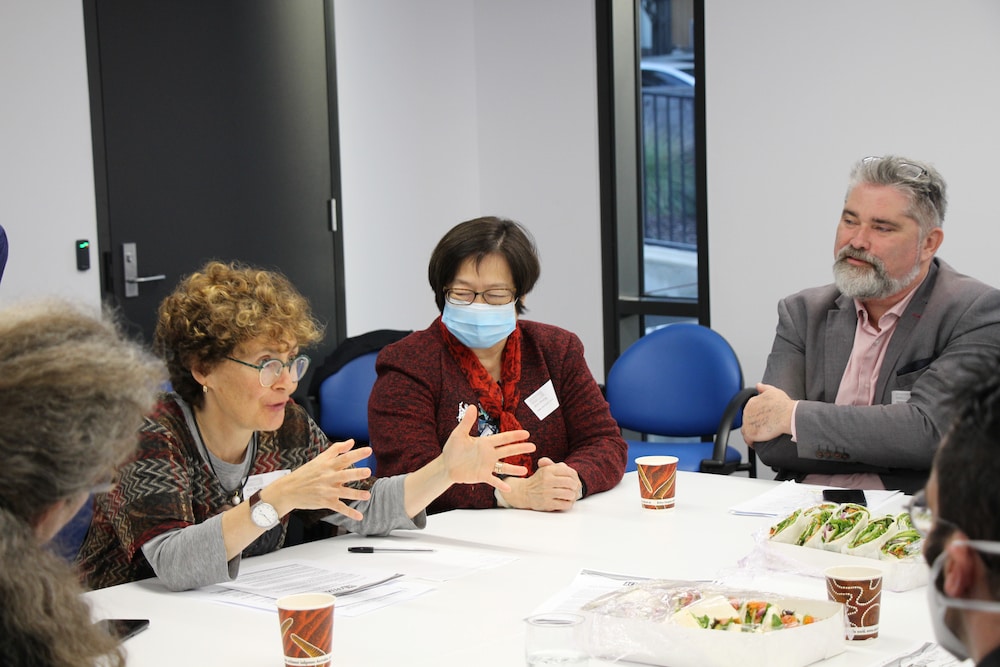The ACT Council of Social Service (ACTCOSS) wants the government to reduce carbon pollution by 75 per cent by 2030 (on the 2005 level), and to net zero by 2035, by implementing a fair and inclusive plan to achieve those targets.
“Climate change impacts those on low incomes who face disadvantage more intensely, more unjustly, than the other members of the population,” Dr Emma Campbell, ACTCOSS CEO, said at the organisation’s recent forum for Federal candidates.
During the bushfires, for instance, smoke made already unwell people suffer worse, while ACTCOSS could not operate safely to take care of highly vulnerable people. Again, people on low incomes live in poorly insulated housing, which is difficult to keep warm in winter and cool in summer, leading to very poor health.
“A lot of the policies to mitigate climate change disproportionately benefit people on high incomes,” Dr Campbell said. “We want climate change mitigation to not just take people on low incomes with them, but to make outcomes for people on low incomes better, prioritize them for more energy efficient upgrades to houses, and for access to more energy efficient appliances and transportation.”
“Labor is the only party that has voted consistently in the Parliament for strong climate action,” Dr Andrew Leigh MP, member for Fenner, claimed.
Its Powering Australia plan would boost renewable energy, reduce emissions by 43 per cent by 2030, and achieve net zero by 2050; create tens of thousands of jobs; and put direct downward pressure on power prices.
The Greens’ climate change targets match ACTCOSS’s: 75 per cent reduction by 2030, net zero by 2035, phasing out coal and gas, and switching to renewable energy.
Independent Senate candidate Professor Kim Rubenstein has proposed a Climate Compact to at least halve 2005 emissions by 2030; similar to the 1983 National Economic Summit and the Prices and Incomes Accord, stakeholders would convene by the end of the year, and enact legislation in the May 2023 Budget.
It would, she said, “take the negotiation outside parliament, where we’ve seen decades-long, bitter partisan politics undermining the future of our humanity by not being able to agree over how we move forward on climate action.”
Independent Senate candidate David Pocock wants Australia to be net zero by 2050; he believes the country needs a national energy policy to transition to renewable energy. He proposes fully electrifying the ACT by 2030, making it the hub of an Australia-wide National Electrification Program, beginning by creating the world’s first fully electrified suburb.
“My climate policy is focused on ensuring we all benefit from the transition to a smart energy future and that no household is left behind,” Mr Pocock said. “Modelling shows that by 2030, my policy will deliver savings to households of more than $5,000 per year and create over 5,500 jobs.
“It is a pragmatic approach to delivering the change we need.”
Read more:
- Federal candidates address social priorities at ACTCOSS forum
- Candidates respond to ACTCOSS call to increase income support
- Housing security a priority for Federal candidates
- ACTCOSS wants more funding for community services
- ACTCOSS wants justice for First Nations people
- ACTCOSS calls for more taxes on wealthy



